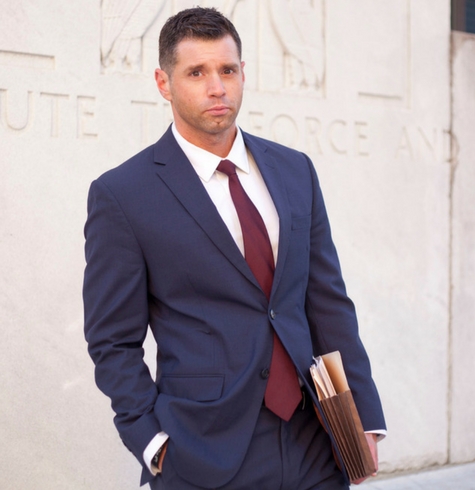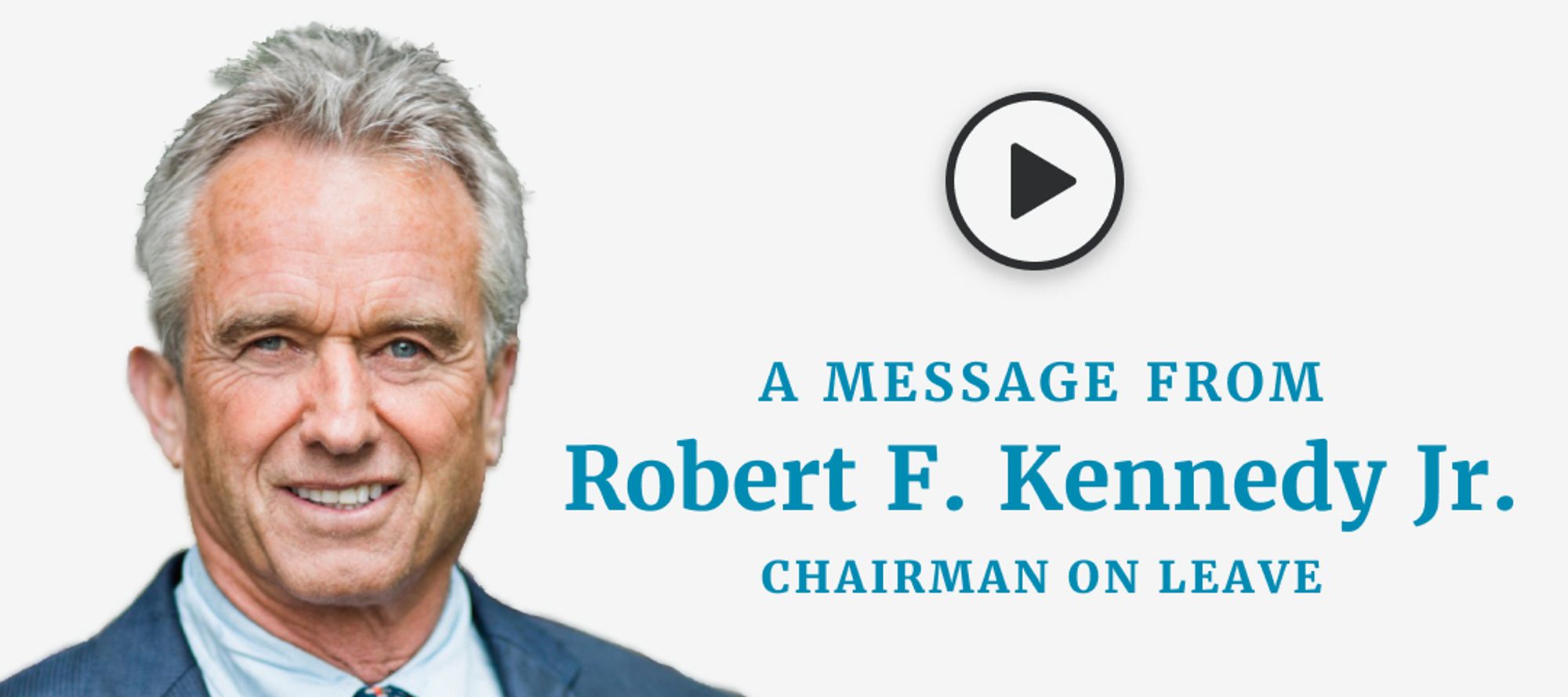Constitutional Attorney Synopsis of Substitute House Bill 435
By: Maurice Thompson
Constitutional attorney, Maurice Thompson, expert synopsis of Substitute House Bill 435, introduced by Ohio State Reps. Bill Seitz (R-Cincinnati) and Rick Carfagna (R-Genoa Township):
- Proposed R.C. 3792.05(B)(1) limits compulsion of “COVID-19” vaccines to those to whom the FDA has issued a “biologics license.” It is a special privilege to that vaccine-maker to enjoy a monopoly on compulsion.
- Proposed R.C. 3792.05(C) codifies three types of exceptions that students (college and k-12) may raise in response to a vaccine mandate: (a) medical; (b) natural immunity; (c) “reasons of conscience, including religious convictions.” These exceptions are largely redundant with exceptions already offered by most colleges, though the wording is slightly better.
- Importantly, Division (D) states that either a “written statement” or “written documentation” is required “to claim an exemption.” It remains entirely unclear whether this provision is self-executing, i.e. whether one has merely “claimed” to maintain the right to an exemption, or one is lawfully immediately entitled to an exemption so long as he or she follows the prescribed process. As first glance, this ambiguity seems resolved by the later statement that one claiming an exemption “shall not be required to submit any additional information beyond the written statement”; however, no provision requires the school or employer to grant a properly-executed claim to an exemption. Proposed R.C. 3792.05 ends by authorizing the right to file a mandamus action (which can be filed at any level of state court) and “attorneys fees to the prevailing party” when schools do not “comply with this section,” but what constitutes “compliance” is not made express.
- Health care workers are broadly exempted from the opportunity to attempt an exception, whether as student workers or employees.
- All of the foregoing is also true for public and private-sector employees. Importantly, however, the Bill does not entitle employees to take advantage of the three specified exemptions when they “begin employment after the effective date of this section.”
- Courts are exempt from the prohibition on “vaccinate passports” to enter public buildings contained in Proposed R.C. 3792.06, meaning that unvaccinated Ohioans may not be able to appear in court to defend themselves, or that their preferred attorneys may not be able to appear before a court.
- While the Ohio General Assembly does not acknowledge it in the Bill, Section 34, Article II of the Ohio Constitution vest the legislature with total discretion to protect employees (or not) from employment conditions such as vaccinations (“Law may be passed . . . providing for the comfort, health, safety and general welfare of all employees; and no other provision of the constitution shall impair or limit this power”).
- Ultimately, the bill is not designated as emergency legislation and therefore cannot become effective until on or about January 1, 2022 even if passed quickly. As such, the Bill will have little to no impact, since deadlines for all known school and employment vaccination requirements are prior to 2022. Moreover, because the Bill proposes to provide coverage for those injured by required vaccinations, but only as to vaccinations required after the effective date of the Bill (see proposed R.C. 4123.87), the most likely effect, if not the only effect of the Bill will be to expedite vaccination requirement as a condition of schooling and employment. As written, it is difficult to conclude that the Bill is anything other than an attempt to compel vaccination of as many Ohioans as possible during the remainder of 2021.
Given the above, my conclusion is that Sub. H.B. 435 is either well-intentioned but poorly-drafted, or ill-intentioned and drafted to deceive. As currently drafted, there is little reason for those who are pro-choice on Covid vaccinations to support this Bill.
To read Sub. H.B. 435 bill text, please visit the following link:
Maurice Thompson, Esq.
Founder and Executive Director, 1851 Center for Constitutional Law.
 Maurice Thompson is a constitutional rights lawyer, author, commentator, speaker, and founder and director of the 1851 Center for Constitutional Law. Maurice fights for liberty across Ohio in high-stakes constitutional rights cases and provides legal support for freedom-oriented ballot issues. He has defeated state and local governments and agencies to protect property rights, taxpayer rights, free speech, parental rights, entrepreneurs’ rights, privacy rights, freedom to contract, and healthcare freedom. Maurice specializes in the Ohio Constitution.
Maurice Thompson is a constitutional rights lawyer, author, commentator, speaker, and founder and director of the 1851 Center for Constitutional Law. Maurice fights for liberty across Ohio in high-stakes constitutional rights cases and provides legal support for freedom-oriented ballot issues. He has defeated state and local governments and agencies to protect property rights, taxpayer rights, free speech, parental rights, entrepreneurs’ rights, privacy rights, freedom to contract, and healthcare freedom. Maurice specializes in the Ohio Constitution.


